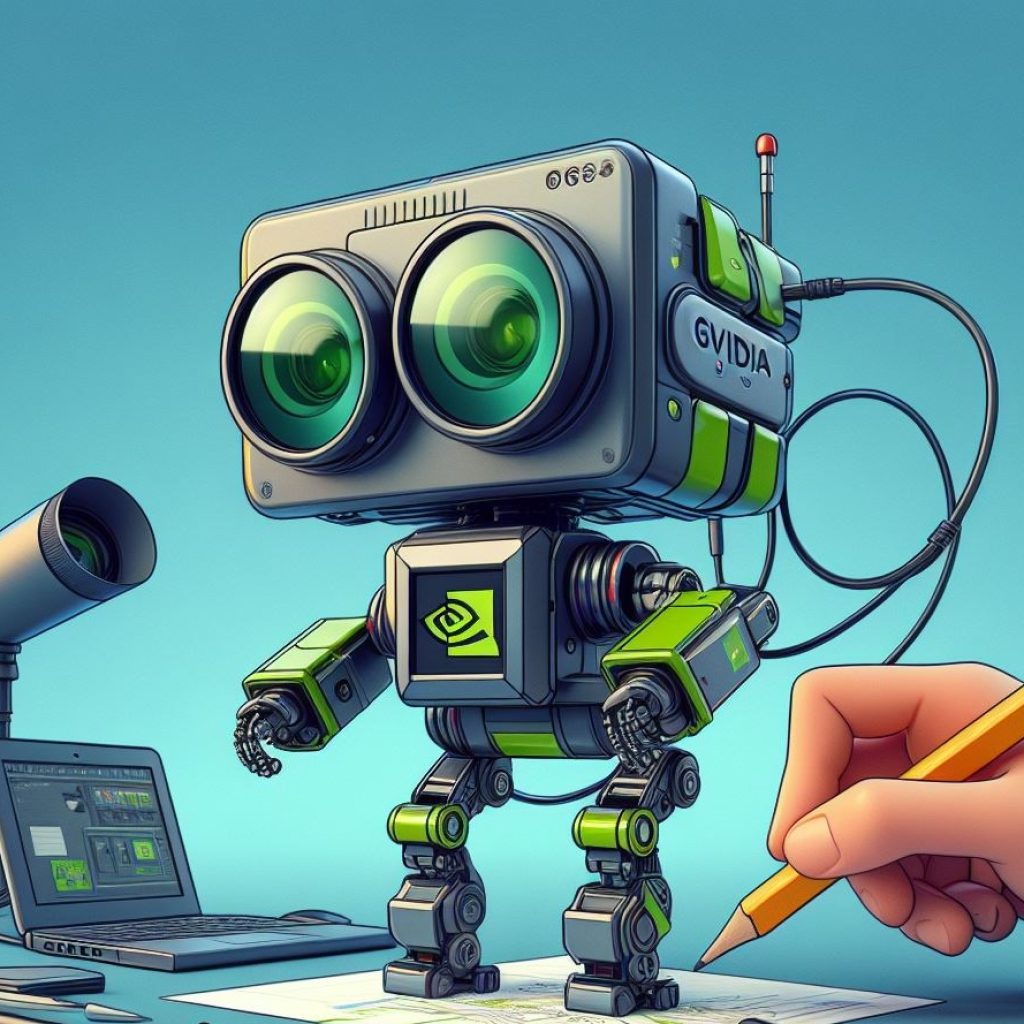Korean universities are embracing the transformative power of Artificial Intelligence (AI) to revolutionize education. Professors and students are exploring new horizons in teaching and learning, with AI tools like ChatGPT, Dall-E, and Midjourney becoming integral to the academic landscape. While the adoption of AI in education is met with enthusiasm and optimism, it also raises concerns about ethical use, plagiarism, and the evolving role of traditional teaching methods.
Positive impact of integration of AI in education
In a bid to keep up with the fast-paced world of technology, Korean universities are turning to AI as a valuable educational tool. Professors like Jeong Seung-ik at Konkuk University are incorporating AI into their courses. For instance, Professor Jeong assigned an essay task to his students, mandating the use of ChatGPT. The goal was to introduce engineering students to AI usage, resulting in essays that blended art terms with technical content.
Similarly, at Sungkyunkwan University, Professor Lee Hye-min challenged students to utilize generative AI like Dall-E and Midjourney to create artwork. The results were diverse and imaginative, showcasing the potential of AI in fostering creativity and multidisciplinary approaches to learning. Students praised the efficiency of AI, with 86.8 percent at Sungkyunkwan University reporting that ChatGPT had enhanced their learning capacity, primarily in areas like computer coding, paper writing, idea brainstorming, and exam preparation.
Professors emphasize that the focus should shift from merely using AI to understanding how it works. AI literacy is becoming essential, as the ability to interpret AI-generated content is deemed as crucial as utilizing the technology itself.
The drive to integrate AI into academia aligns with President Yoon Suk Yeol’s vision to make AI a routine part of various sectors, including education. In a recent AI-related meeting at the Blue House, President Yoon stressed the significance of hyperscale AI, not only in industries like semiconductors but also in national security. He encouraged bold investments in AI and pledged government support for large data clouds, aiming to prime the industry for further growth.
Efforts to incorporate AI into education are not limited to Korea. The International Baccalaureate (IB) announced its decision to embrace AI software in its diploma programs, recognizing the need to adapt to technological advancements. But, the IB emphasizes that students must understand that work generated by AI tools does not equate to their original contributions.
Similarly, renowned scientific journal Nature welcomes the use of AI to aid in research paper writing, provided proper disclosure is maintained. AI’s assistance can significantly reduce the time spent on paperwork, allowing researchers to allocate more resources to actual research endeavors.
Concerns over ethical use and misuse
While AI in education holds tremendous promise, concerns linger regarding ethical use and the potential for misuse. The Russell Group, representing major U.K. universities, has established guiding principles on generative AI to ensure ethical usage and equal access while promoting best practices.
Japan’s Education Ministry has issued guidelines urging vigilance when using generative AI, particularly among primary and secondary school students. It recommends restricting ChatGPT’s use to individuals aged over 13, citing its potential impact on critical thinking skills.
In Korea, universities are developing their own guidelines to address these concerns. Kookmin University initiated the process by having students verify information provided by AI and disclose its use. Some institutions are even considering a shift in assessment methods, as certain Australian universities have returned to traditional pen-and-paper exams to evaluate problem-solving and communication skills that AI cannot replicate.
The integration of AI in education promises fresh and innovative approaches to teaching and learning. Korean universities are at the forefront of this transformation, with professors and students alike exploring AI’s potential. As AI becomes more deeply ingrained in academia, it is essential to navigate the ethical challenges and ensure that AI supplements rather than replaces traditional teaching methods. The global perspective on AI in education suggests that while AI is a powerful ally, it must be used thoughtfully and transparently to unlock its full potential.





